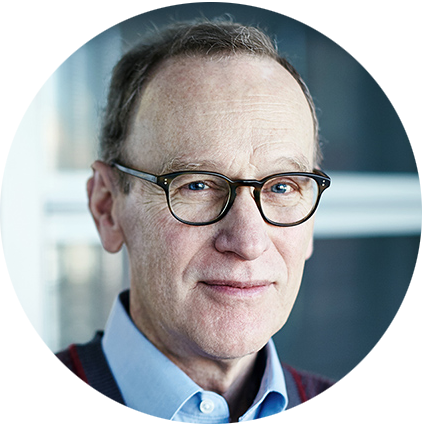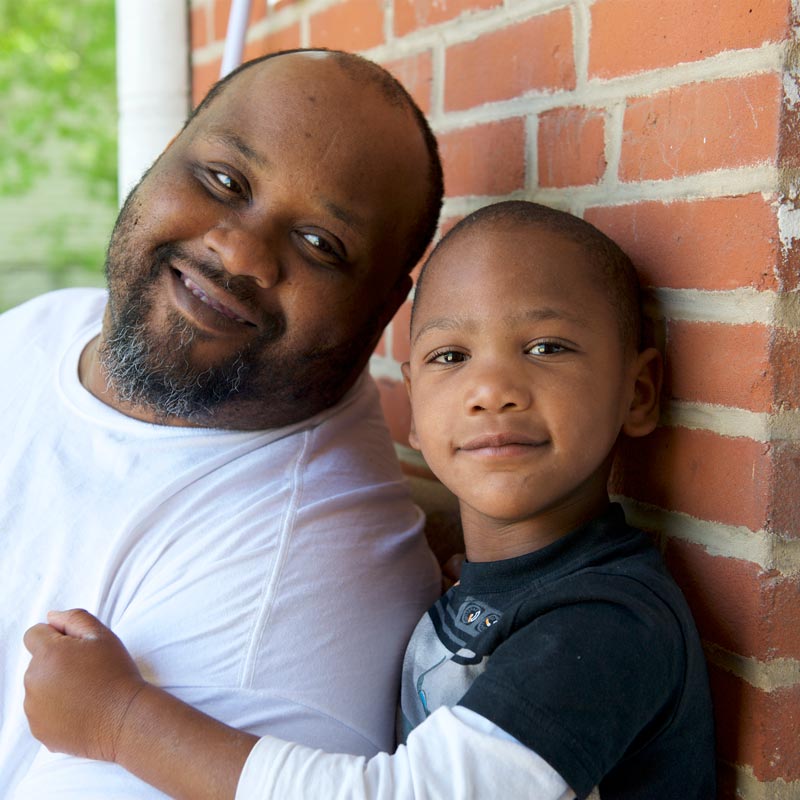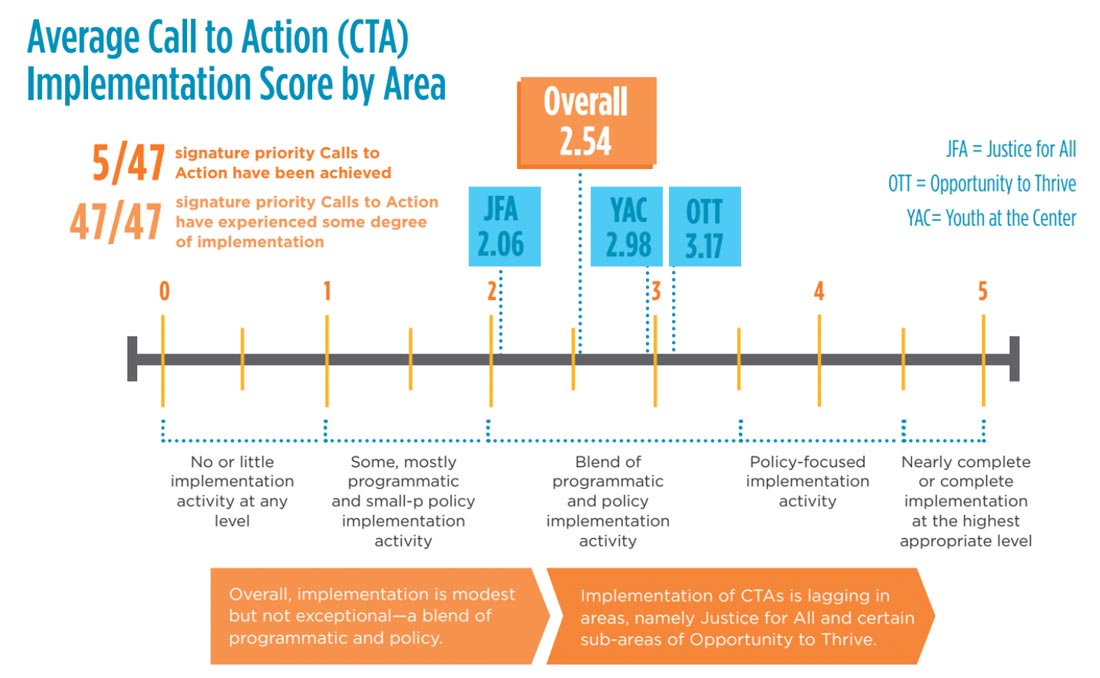 Every August 9th since Michael Brown’s death four years ago, we’ve taken stock of where we are as a region. Now and for the foreseeable future, this late-summer day serves as a reminder of what progress has been achieved in the aftermath of the unrest in Ferguson, and what work remains. This is a day not only for introspection in our state; the eyes of the nation also turn toward us. Questions will be asked – “Does St. Louis have the will to make the systemic changes necessary to put the region on a path toward racial equity?”
Every August 9th since Michael Brown’s death four years ago, we’ve taken stock of where we are as a region. Now and for the foreseeable future, this late-summer day serves as a reminder of what progress has been achieved in the aftermath of the unrest in Ferguson, and what work remains. This is a day not only for introspection in our state; the eyes of the nation also turn toward us. Questions will be asked – “Does St. Louis have the will to make the systemic changes necessary to put the region on a path toward racial equity?”
Yesterday I attended Forward Through Ferguson’s press conference, where they released their first “State of the Report.” The publication tracks the implementation of the Ferguson Commission’s 47 calls to action. While the group found some movement on all 47 recommendations, they also warned that few have been fully executed and many have stalled. This sort of tracking is an essential way for us to hold ourselves accountable. The issues that Michael Brown’s death represents will not go away, and it’s important that we use these anniversaries for more than acknowledgments, but to also strengthen our resolve to make the reforms needed to create a more equitable region. Forward Through Ferguson is hosting a series of three community town halls in the coming months to share the report’s findings and strategize steps moving forward.
The Ferguson Commission’s original report categorized their signature priorities into three core areas – Justice for All, Opportunity to Thrive, and Youth at the Center. Out of the three, progress on the justice component lags the furthest behind. The commission cited the need for police reform, court reform, protection of constitutional rights, and consolidation of police departments and municipal courts. The U.S. Department of Justice’s “Ferguson Report” underscored the wisdom of the commission’s priorities and exposed the pattern and practice of the Ferguson criminal justice system in exacting detail, documenting violations of the Constitution and federal statutory law. However, on an “implementation profile scale” that goes from zero to five, Forward Through Ferguson’s new report ranks the progress of Justice for All at only a 2.06.
Health and justice are inextricably linked. In a fundamental sense, we can’t have a healthy and vibrant community until we have a fair and just community, including widespread trust in our state and local criminal justice systems. A growing body of evidence documents that a public health perspective to “decarcerating” America is an essential approach for addressing the widespread health and social problems associated with our country’s massive and unparalleled incarceration rates. In fact, U.S. prisons and jails have become the single largest institutions for people with serious mental illness and substance abuse problems. In brief, poor health contributes to being incarcerated, and being incarcerated contributes to poor health, both for those in the justice system and their families.
Progress on achieving “justice for all” depends on widespread leadership, enduring commitment, and collaboration. Our recent announcement of efforts in St. Louis to reduce incarceration rates, reform the criminal justice system, and help people get the health and social services they need is a good sign. Government officials, community groups, law enforcement leaders, nonprofits, and philanthropy must continue working together persistently and thoughtfully to make concrete progress toward this goal.
This is only one aspect of racial equity that the Foundation is involved in, and as was reported in the “State of the Report,” there is so much left to be done. Next year will mark the fifth anniversary of Michael Brown’s death, a particularly symbolic moment to track our region’s progress. I hope that in anticipation of that day, when the spotlight will point even brighter toward St. Louis and what reforms we’ve achieved, that we strive every day to keep pushing for positive change. Let us show the country how we can be a model for healing and renewal, and that we’re willing to make the difficult decisions and transformations necessary to create a more equitable, healthier region for us all.




